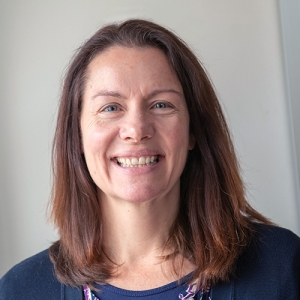Google’s not just a noun any more, it’s a verb. As in, Google it, if you want to know something.
It’s a transformation indicative of a surge in Internet usage. A surge that made Melinda Goldner wonder if people search for health information online before going to traditional sources—like books—and if this behavior differs by gender and location. Using national survey data, she focused on women in rural areas.
Goldner expected rural women, like women in general, to be more likely than men to search for health information online. Instead, she found that the importance of gender and place varies with the type of activity.
Women, for instance, were less likely to communicate with doctors online. Rural residents were also significantly less likely to use the Internet to find doctors, or diet or exercise material. Gender and place did not appear related to how often medications were purchased online, either. And broadband access was a better predictor than place (rural location) of how likely people were to search for any health information.
More research is needed, Goldner said, but her work is consistent with other studies highlighting the importance of expanding high-speed availability in rural places, where health risks are greater and access to care lower.
Improving access and tailoring the Internet to specific populations might help ameliorate rural health disadvantages, she continued. “One study found that low-income, rural women, who are at risk of obesity, expressed interest in a website devoted to diet and exercise when it was adapted to their needs, such as budgeting and local resources.”


